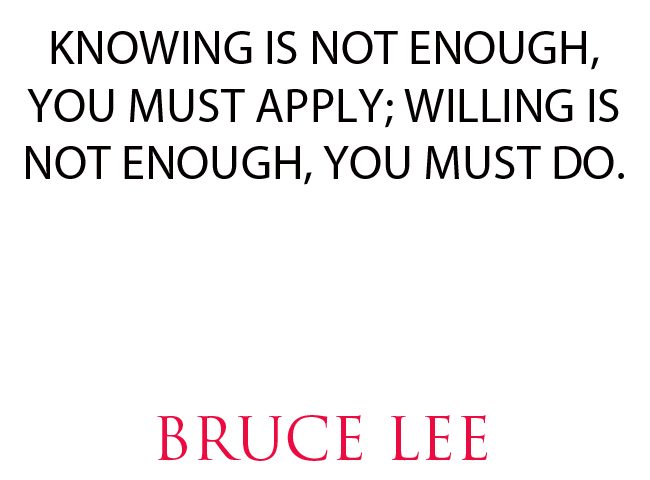
Customer experience doesn’t stop – Interview with Richie Manu
October 24, 2020
What if customers want more than excellent service? – Interview with Steven Van Belleghem
October 31, 2020This is a guest post by Janelle Estes, Chief Insights Officer at UserTesting.
In recent years, financial services companies have become increasingly aware of the emotional element behind personal finance management. This trend has been magnified during the pandemic. As a result, finserv leaders are pushing messages of ‘compassion’ more than ever – showing that support and extra care is becoming a differentiating factor when choosing a provider.
In my experience of working with a wide range of finserv brands, there are clear trends emerging in the CX space when it comes to the changing messages and strategies of personal finance management. Here are the current top four…
1. Agility
Very much a buzzword in 2020, ‘agility’ is vital in the sense of removing any ‘friction’ from current product offerings to ensure customers see value quicker. According to Raconteur, 50% more people were regularly using financial technology between March and July 2020 – an increase of more than 50% compared to 2019.
During challenging times, customers have a higher sense of urgency when it comes to banking, and they are prepared to look elsewhere if their financial service provider is not catering to their changing needs and situations.
The financial service provider must remain one step ahead at all times. An example of this is the way in which certain banks have responded to increased fraud during COVID-19 by offering full-refund guarantees. This shows not only the ability to be agile and adapt to the situational needs of customers, but also a broader social awareness that will make them stand out in the marketplace.
2. Empathy and compassion
The second trend stems far beyond the financial services industry and comes in the form of an increase in compassion and empathy from brands. In banking this means getting closer to customers, noting that more and more customers are requesting human interaction and to see someone’s face – not to just rely on automated systems or bots to manage customers’ finances. We are already seeing some banks operate on different video call platforms – whether that be counselling on how to stay safe online, or simply replicating the one-to-one experience the customer would have previously seen in a physical bank.
The key to being empathetic is to operate under a customer-inspired business model, demonstrating the ability to understand customers and to share their feelings. The ability to be empathetic to the financial hardships and anxiety that customers are facing as a result of COVID-19 will prove essential.
3. Customer knows best
The only way to truly understand your customers, is to listen to them. It sounds simple right? But many organisations fail to directly understand their customers, through basing decisions on what they think customers want, rather than what customers actually want. That’s why it’s essential to gain real-time feedback and insights from current customers – the ones using the product every day.
It’s essential that financial organisations implement a customer-centric approach and have a clear CX strategy in place. There is sometimes a hesitation to spend or allocate budget to research, particularly when organisations are looking at cost reduction strategies. But the reality is that taking a shot in the dark and failing to connect with customers will cost more in the long run.
Understanding customers’ needs and wants is a big challenge, though. Collecting consumer insights will enable brands to uncover the underlying preferences, frustrations, and motivations of a consumer, to increase the effectiveness and relevance of a product or service.
4. Incubation vs Innovation
Finally, finservs are trying to find the right balance between incubation and innovation. Remote work means there is a focus on an innovative culture with customers, and the limitation on face-to-face ‘over the desk’ chats makes this even more significant.
It’s about finding new ways to innovate and improve the daily processes, while ensuring that there’s still the discussion surrounding personal things that would take place in person, to create that stronger bond with customers. It’s no use setting up a chatbot with five or six mandatory Q&A responses – customers need to feel as though they are valued for the personal qualities they possess, the career in which they’re progressing, the family account they’ve just opened, or the university they’ve chosen to attend.
It is also important to share gratitude and empathy on an internal level, to ensure that employees feel valued and included. It is these individuals that will be communicating with the customers and representing the brand day-to-day, so the way they perceive the company is of huge importance.
Emotional connection
If it wasn’t evident before the pandemic came along, then it certainly is now: financial services companies can no longer merely do what is expected of them at a base level. In a landscape of increasing social and economic uncertainty, with the added pressure of growing competition, financial service providers must go the extra mile to build an emotional connection with their customers.
It is only through being agile, empathetic, and one step ahead with research and predictions, that they will successfully retain customers.
This is a guest post by Janelle Estes, Chief Insights Officer at UserTesting.
About Janelle
 Janelle Estes is Chief Insights Officer at UserTesting and an expert research practitioner fascinated by human behavior and intrigued by data insight. She brings over 15 years’ experience conducting large-scale customer research initiatives for both B2C and B2B companies across a variety of industries to help them transform their customer, user, and brand experiences. Janelle is responsible for stewarding the future of Human Insight and translating that into opportunities to evolve the UserTesting platform. Prior to UserTesting, Janelle held UX research consulting roles at Nielsen Norman Group and Forrester Research.
Janelle Estes is Chief Insights Officer at UserTesting and an expert research practitioner fascinated by human behavior and intrigued by data insight. She brings over 15 years’ experience conducting large-scale customer research initiatives for both B2C and B2B companies across a variety of industries to help them transform their customer, user, and brand experiences. Janelle is responsible for stewarding the future of Human Insight and translating that into opportunities to evolve the UserTesting platform. Prior to UserTesting, Janelle held UX research consulting roles at Nielsen Norman Group and Forrester Research.
Thanks to QuotesEverlasting for the image.




